Discover effective strategies on how to protect fertility. And maintain reproductive well-being: expert advice and actionable tips for preserving your fertility for the future.
Protecting your fertility is more important than ever in a world where life is always changing. Knowing how to protect fertility can make a big impact whether you’re actively trying to establish a family or just want to make sure your reproductive system is in good shape. This thorough manual offers professional insights, useful advice, and priceless details to assist both men and women in maintaining their reproductive health.
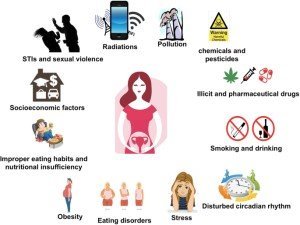
How to Protect Fertility?
A fulfilling reproductive journey can be facilitated by taking proactive measures to protect fertility. Here are some important strategies to take into account:
1. Maintain a Balanced Diet: A diet high in nutrients is essential for promoting reproductive health. To prevent oxidative stress and encourage healthy egg and sperm production, include foods high in antioxidants, such as vibrant fruits and vegetables. Hormonal balance can also be influenced by omega-3 fatty acids, which can be found in fish and flaxseeds.
2. Manage Stress Effectively: Chronic stress can alter hormonal balance, which has an impact on fertility. Take part in stress-relieving techniques, such as yoga, meditation, or deep breathing. These methods improve general reproductive health while simultaneously encouraging relaxation.
3. Limit Exposure to Harmful Chemicals: Reduce your exposure to environmental contaminants and hormone-disrupting substances, which are frequently present in plastics, insecticides, and home items. To reduce dangers, choose BPA-free containers and organic produce.
4. Prioritize Regular Exercise: Regular physical activity promotes healthy hormone regulation, enhanced blood circulation, and maintenance of healthy body weight, all of which support and protect fertility. Aim for 150 minutes or more of moderate activity per week.
5. Understand Your Reproductive Cycle: Keeping track of your menstrual cycle might help you find the most fertile days and increase your chances of getting pregnant. To exactly anticipate ovulation, use ovulation predictor kits or smartphone apps.
6. Maintain a Healthy Weight: Both underweight and overweight people may have trouble getting pregnant. Reproductive health can be improved by achieving and maintaining a healthy weight through a balanced diet and frequent exercise.
7. Avoid Smoking and Excessive Alcohol Consumption: Reduced fertility in both men and women has been linked to smoking and binge drinking. To boost the likelihood of conception, give up smoking and drink in moderation.
8. Protect Yourself from Sexually Transmitted Infections (STIs): If certain STIs are not treated, they may affect fertility. To safeguard your reproductive health, engage in safe sexual behavior and get frequent STI examinations.
9. Stay Hydrated: Overall body functions, including reproductive health, are supported by adequate hydration. Drink plenty of water throughout the day to keep your hydration levels at their ideal levels.
10. Get Sufficient Sleep: Give excellent sleep a high priority to maintain hormonal balance and support reproductive health. Sleep for 7-9 hours each night, undisturbed.
Also Read: Which Tests Are Necessary for IVF?
Lifestyle Factors and Fertility

Your ability to conceive and maintain a healthy pregnancy can be significantly impacted by your lifestyle choices. Additional lifestyle elements to think about are as follows:
The Role of Age in Fertility: Age is a key factor in fertility. After the age of 35, women’s fertility gradually declines, and men’s sperm quality can also decrease with age.
Benefits of Prenatal Vitamins: Folic acid and other vital elements are found in prenatal vitamins, which are essential for reproductive health. They promote the growth of a healthy infant and aid in the prevention of birth abnormalities.
Impact of Environmental Factors: Fertility may be impacted by exposure to environmental elements like radiation, pollution, and certain chemicals. Reduce exposure as much as possible and, if required, think about adopting safeguards.
Effects of Medications on Fertility: The reproductive system can be impacted by several medications, including certain antidepressants and chemotherapy treatments. Inquire with your doctor about any potential side effects on fertility.
The Influence of Hormonal Imbalance: Fertility can be affected by hormonal imbalances such as PCOS and thyroid problems. If you think there may be a hormonal imbalance, consult a doctor.
How age impacts your fertility

Age is a key element that profoundly affects fertility. Humans naturally experience changes in their reproductive capacity as they age. Women’s fertility reaches its peak in their 20s and early 30s, following which it slowly starts to fall. Women’s health declines more sharply as they enter their late 30s and early 40s. As eggs age, their quantity and quality decline, making fertilization more difficult and raising the possibility of pregnancy difficulties. The chance of miscarriages, chromosomal abnormalities, and diseases including gestational diabetes and hypertension are all increased with older mothers ages.
Also Read: What Are the 5 Stages of IVF?
Age-related changes in fertility also affect men, though typically less noticeably than they do in women. Even though men continue to generate sperm throughout their lives, the sperm’s quality can deteriorate as men get older. Due to these factors, it may take longer to conceive, there may be more genetic alterations, and there may be a larger chance that certain health issues would develop in the offspring.
It’s critical to understand that age-related reproductive changes can differ from person to person. While some women may continue to have healthy pregnancies into their late 30s or early 40s, others may have problems even earlier. Understanding how age affects fertility can help people make wise family planning decisions and, if necessary, seek the right medical advice.
What’s the bottom line to protect fertility?
A proactive and crucial part of preserving reproductive health is knowing how to protect fertility. People can control their fertility journey by taking a holistic strategy that includes lifestyle decisions, stress management, and medical advice. Several doable actions can support ideal reproductive health, from maintaining a balanced diet and getting regular exercise to effectively managing stress and avoiding dangerous substances.
As people get older, both men and women experience changes that have an impact on their fertility. While age-related fertility decrease is a normal occurrence, problems can be minimized by being aware of the implications and getting prompt assistance from healthcare experts. The methods described in this article might be a helpful reference whether you’re actively attempting to conceive or just want to guarantee your future reproductive health.
Keep in mind that making simple lifestyle changes and well-informed decisions can have a big impact on fertility. By following these recommendations, you’re encouraging a healthier and more happy reproductive journey while also improving your chances of conception. So take advantage of these professional tips to empower yourself to protect fertility and open the door to a happier, family-filled future.
FAQs about How to Protect Fertility
Q: Can stress affect fertility?
Yes, Chronic stress can alter hormonal balance and impact both male and female fertility. Reproductive well-being can be enhanced by using relaxation strategies to manage stress.
Q: Are any certain foods that increase fertility?
Certain foods are high in antioxidants and nutrients that support reproductive health, such as leafy greens, berries, and nuts. Include these foods in your diet for possible advantages.
Q: Does exercise impact fertility?
By encouraging hormonal balance and maintaining a healthy weight, moderate exercise can improve and protect fertility. Excessive exercise or intense exercise, however, may have the opposite impact.
Q: How can I track my ovulation accurately?
You can forecast ovulation and determine your most fertile days with the aid of ovulation predictor kits, basal body temperature monitoring, and fertility apps.
Q: What role does male health play in fertility?
For a successful conception, male components, particularly sperm quality and quantity, are essential. To support reproductive health, men should place a high priority on living a healthy lifestyle.
Q: Are there natural remedies to boost fertility?
Even though some natural remedies may have oral advantages, it’s crucial to speak with a healthcare professional before using any supplements or complementary therapies.
Conclusion: How to Protect Fertility?
A proactive and empowering step towards creating a healthy and happy future is to protect fertility. You can take control of your fertility journey by implementing these professional recommendations, as well as by maintaining a lifestyle that supports reproductive wellness. To protect your ability to conceive and raise a child, remember that even small changes can have a big impact.



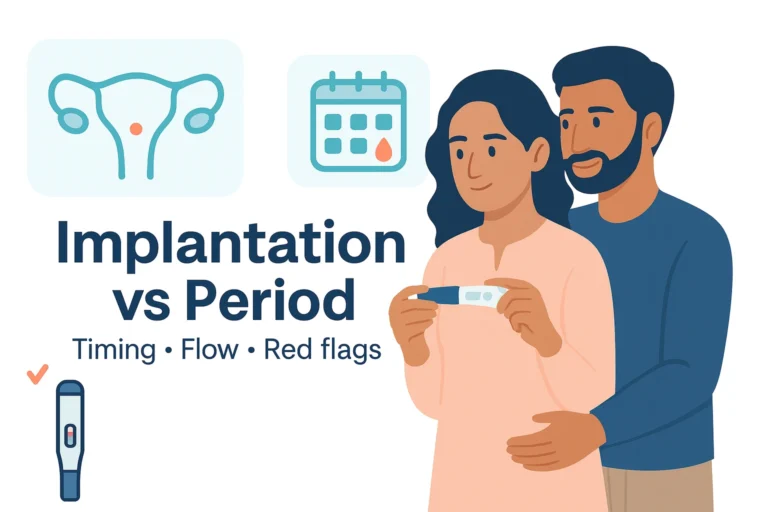
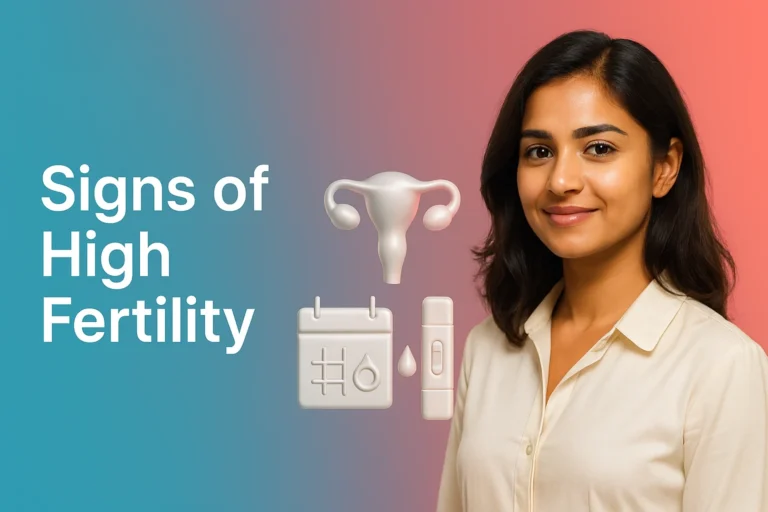
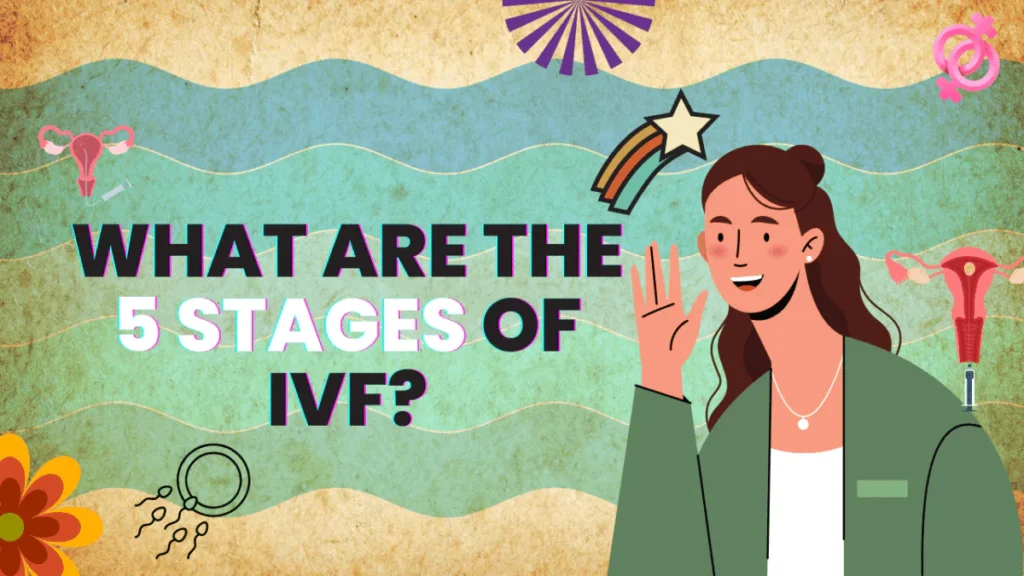

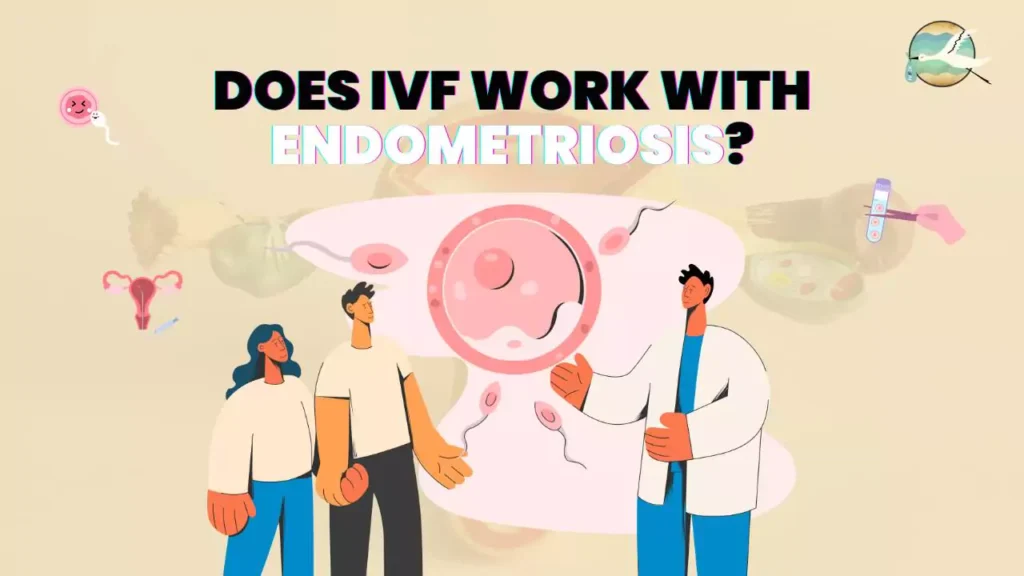

[…] How to Protect Fertility? Expert Tips for Long-term Reproductive Health 2023 […]
[…] How to Protect Fertility? Expert Tips for Long-term Reproductive Health 2023 […]
[…] How to Protect Fertility? Expert Tips for Long-term Reproductive Health 2023 […]
[…] How to Protect Fertility? Expert Tips for Long-term Reproductive Health 2023 […]
[…] How to Protect Fertility? Expert Tips for Long-term Reproductive Health 2023 […]
[…] How to Protect Fertility? Expert Tips for Long-term Reproductive Health 2023 […]
[…] How to Protect Fertility? Expert Tips for Long-term Reproductive Health 2023 […]
[…] counsel. Some supplements, on the other hand, have shown potential in supporting male fertility and reproductive health. Remember that the effectiveness of these supplements varies from person to person, and they […]